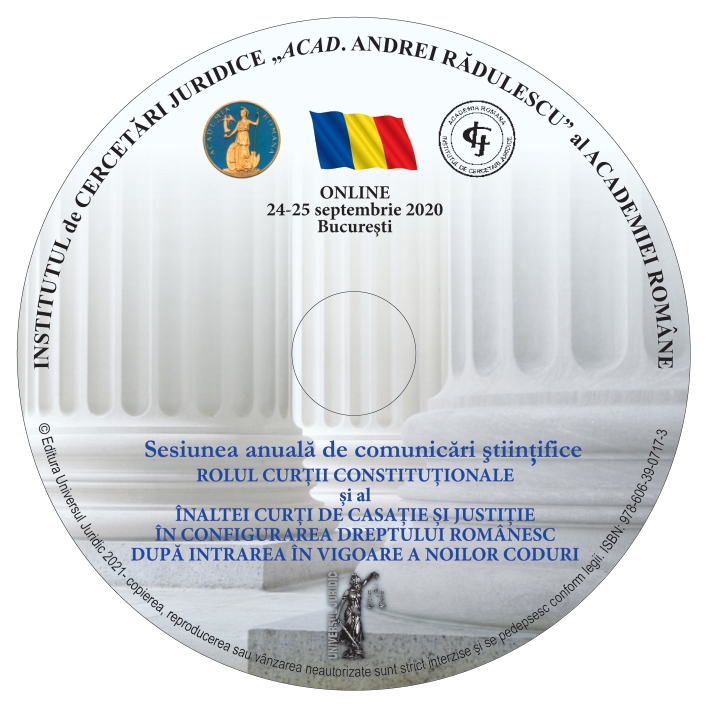Dreptul canonic în cadrul sistemului general de drept
Canon Law within the General System of Law
Author(s): Cosmin Santi
Subject(s): Law, Constitution, Jurisprudence, Civil Law, Canon Law / Church Law
Published by: Universul Juridic
Keywords: system of law; canon law; civil law; divine law; human right; state; Church;
Summary/Abstract: The system of law represents the entirety of legal norms, juridical institutions and branches of law adopted and ensured by the state with a view to regulating social relations, well defined in time and in space, without being universally valid and leveled. The law divides into laic or secular law and sacred or religious law. The canon law designates a system of law different from the state or secular law. The science of the canon law is part of the group of juridico-theological sciences, as it has jurisdiction in relation to both legal and theological matters. The canon law has a fundamental practical relevance with regard to the mission of the Church around the world and the inter-orthodox relations, on the one hand, and the relation of the Church and the secular power, on the other hand. The canon law represents a system of law complementary to the state system. The relations existing between the two systems of law are complex and alternative throughout time. The civil and the canon laws have supported each other for a long time toward defending the institutions of family, marriage, toward defending the persons and protecting human dignity. This is the reason why the relations existing between the two are convergent, complementary and interactive. These two systems of law are leaning on each other for mutual support in order to help people, as social beings, since the common principle underlying them both is human nature, endowed with intelligence and free will.
- Page Range: 113-123
- Page Count: 11
- Publication Year: 2020
- Language: Romanian
- Content File-PDF

